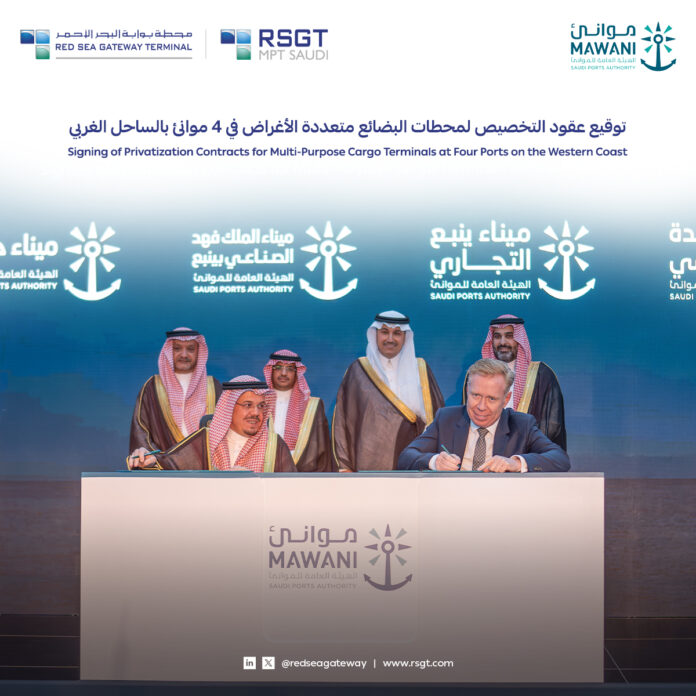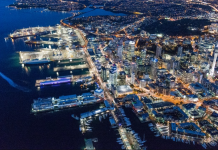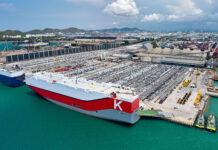
Red Sea Gateway Terminal (RSGT) and a subsidiary of the Sustainable Infrastructure Holding Company (SISCO), has announced a major strategic expansion into multi-purpose terminal operations.
This move, aligned with Saudi Arabia’s Vision 2030, follows the award of long-term concessions at four key ports along the Red Sea and marks a significant step in strengthening the Kingdom’s role as a global logistics hub.
Under newly signed 20-year concession agreements with the Saudi Ports Authority (Mawani), RSGT will assume operational control of multi-purpose terminals at the following locations: Jeddah Islamic Port, King Fahd Industrial Port, Yanbu Commercial Port, Port of Jazan.
This expansion adds 13 kilometers of quay length and 3.3 million square meters of terminal space to RSGT’s operational portfolio.
The company’s newly established Multi-Purpose Terminals business unit will oversee all non-containerized cargo activities, including RO-RO, project cargo, general cargo, dry and liquid bulk, and livestock.
As part of the concession agreements, RSGT plans to invest at least US$ 418 million over the 20-year period, including US$ 180 million in the first five years.
These investments will focus on modernizing terminal infrastructure, deploying cutting-edge equipment, and integrating smart technologies to ensure world-class service standards across all four sites.
RSGT will also pursue development of a container terminal at Yanbu, reinforcing its vision of establishing the port as a strategic regional logistics hub.
Jens Floe, CEO of RSGT, noted that by broadening the portfolio and expanding into new cargo segments, the company is facilitating global trade, supporting Saudi Arabia’s economic diversification, and playing a larger role in global supply chains.
In 2024, RSGT handled 3.1 million TEUs at its flagship terminal in Jeddah Islamic Port. Despite challenges posed by the ongoing Red Sea crisis, RSGT maintained robust operations, with the terminal’s annual capacity standing at 6.2 million TEUs.





